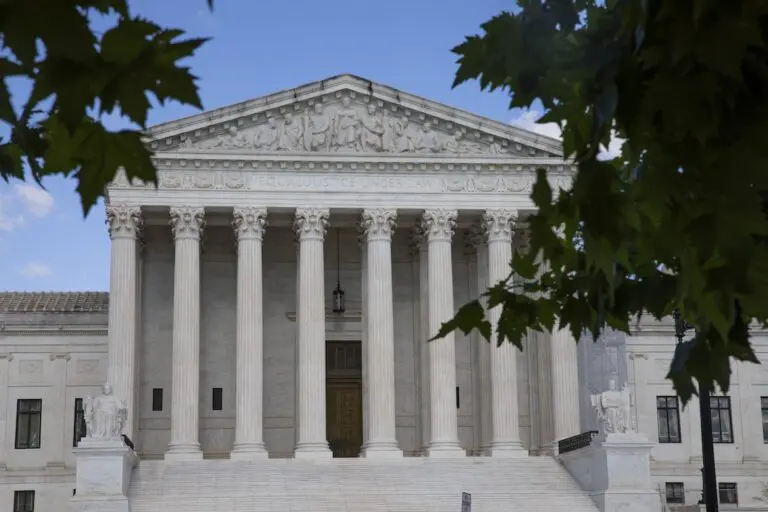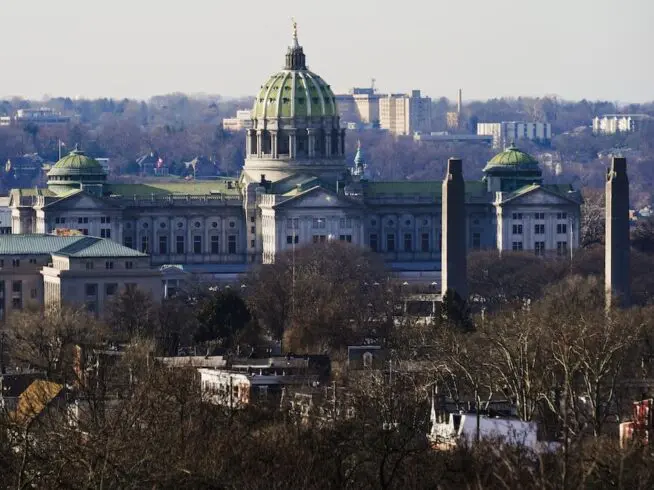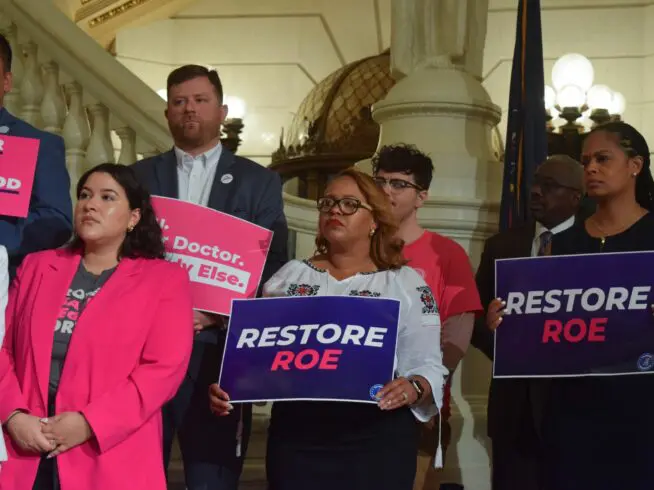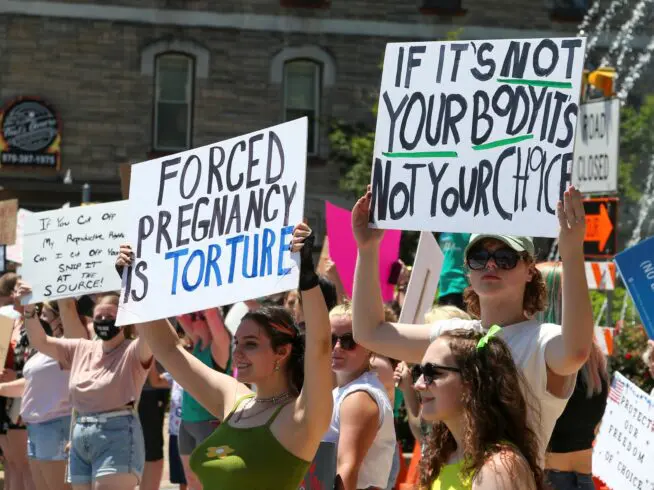What does the Supreme Court ruling on emergency medical treatment mean for Pennsylvania?
‘The Supreme Court essentially kicked the can down the road in their decision,’ said Planned Parenthood’s Adam Hosey.

On June 27, the U.S. Supreme Court dismissed writs of certiorari in a case concerning an Idaho law banning abortion and the federal Emergency Medical Treatment and Active Labor Act, or EMTALA, which obligates hospitals to provide stabilizing treatment for patients, including those in active labor, regardless of their ability to pay.
In dismissing the writs, by which the court takes up review of a decision handed down by a lower court, the Supreme Court reinstated an order by the U.S. Court of Appeals for the 9th Circuit that blocked enforcement of Idaho’s abortion ban, allowing for abortion care to resume in emergency cases. But until the case is decided on a federal level, the legality of abortion throughout the country remains in limbo — particularly in states where abortion is banned or severely restricted.
The Supreme Court sent the case back to the 9th Circuit for further litigation.
Adam Hosey, the political and policy director of Planned Parenthood Pennsylvania Advocates, told the Pennsylvania Independent: “The Supreme Court essentially kicked the can down the road in their decision. They didn’t actually address EMTALA.” Hosey said the ruling is “another deterioration and attempt at taking our rights.”
“The Supreme Court didn’t actually address the federal law as it applies to the states, and that’s really what’s at the core here. So it is just signaling a future fight down the road, and that is part of the plan, to continue to chip away and wear away at our rights,” Hosey said.
In July 2022, the U.S. Department of Health and Human Services issued guidance affirming that health care providers offering life-saving abortion care in emergencies were protected under federal law, regardless of the laws of the state in which they practiced.
In August 2022, the U.S. Justice Department filed a lawsuit challenging Idaho’s abortion ban, arguing that it violates EMTALA and puts patients’ lives in danger. “We will use every tool at our disposal to ensure that pregnant women get the emergency medical treatment to which they are entitled to under federal law,” U.S. Attorney General Merrick Garland said at the time the lawsuit was filed.
Hosey explained that without the protection of federal law, hospitals can legally refuse to treat a pregnant person experiencing a medical emergency.
“In Idaho, you’ve had doctors turning patients away. You’ve had doctors airlifting patients to neighboring states, which is exceptionally cruel. But, you know, they were worried about being criminalized and fined,” Hosey said.
According to data released by the Pennsylvania Department of Health in December 2023, the number of out-of-state patients coming to the Keystone State for abortion care rose in 2022 by 41%.
Pennsylvania has gone from having 145 abortion providers in the 1970s to 17 today, the Women’s Law Project reported in 2020.
“You have places in Pennsylvania where you have to drive multiple hours to receive the care that you’re seeking,” Hosey said. “We also know how time-sensitive abortion care is. So folks are having to make incredibly important decisions very quickly.”




